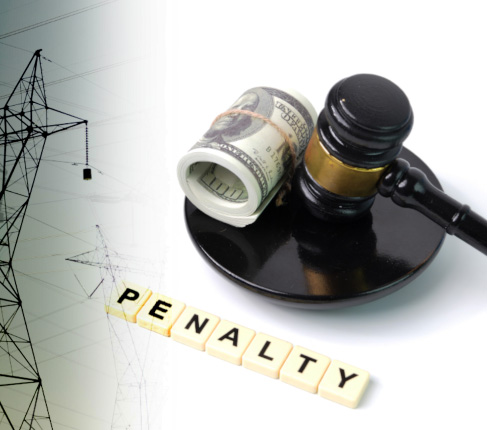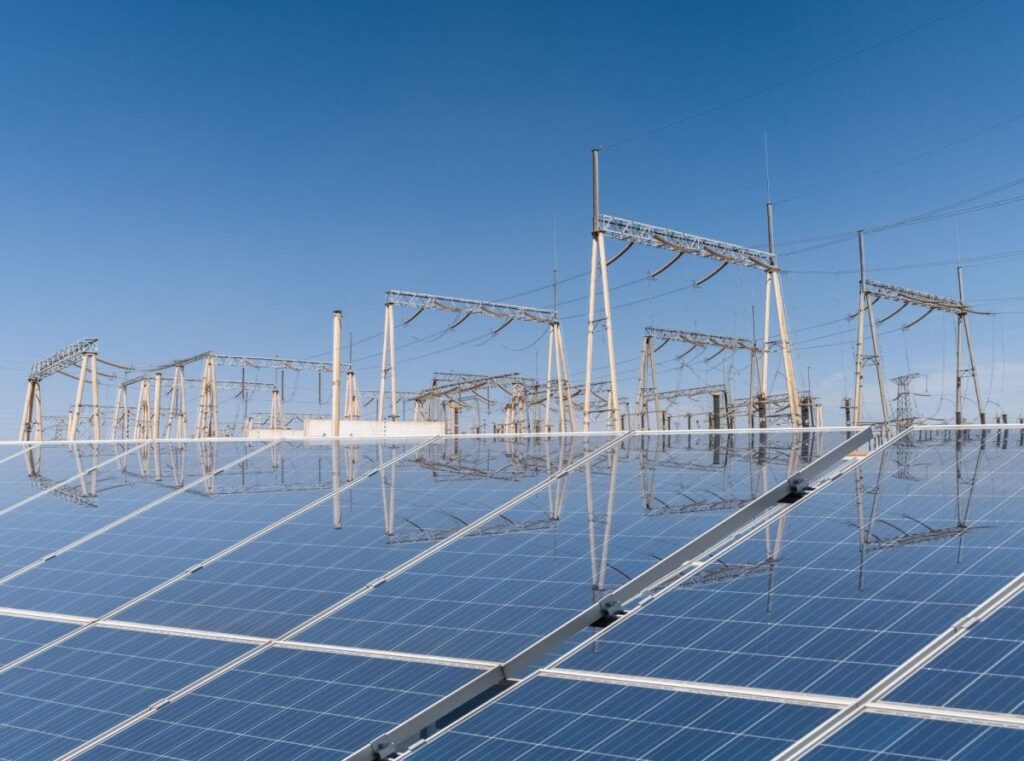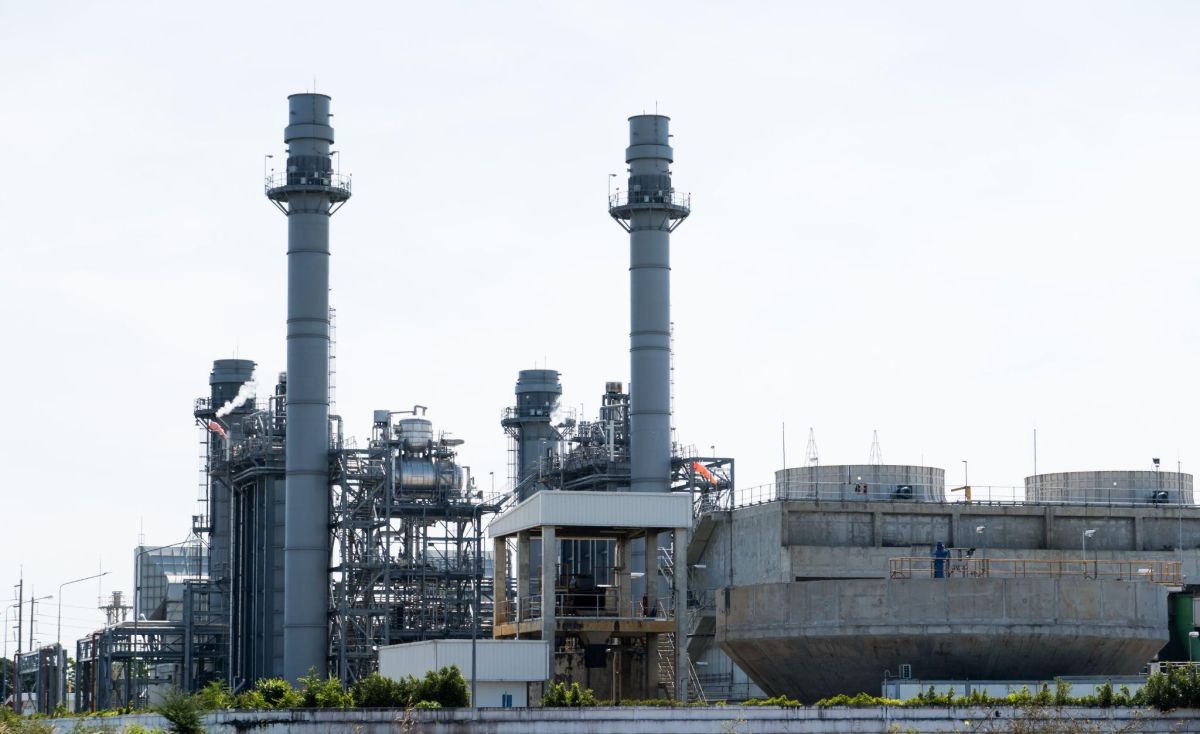WWW.UTILITYDIVE.COM
Legislators and experts disagreed on the long-term merits of subsidies, with IRA critics questioning if the clean energy boom would amount to a “sugar high.”
Dive Brief:
- A Wednesday U.S. Congress Joint Economic Committee hearing about the impacts of large federal spending bills on domestic manufacturing heard a mix of praise and criticism as speakers and legislators debated whether the clean energy industry will stand on its own after being subsidized.
- Kevin Hostetler, CEO of solar tracking technology manufacturer Array Technologies, said that the Inflation Reduction Act had led to the reshoring of manufacturing jobs and spurred a “true manufacturing resurgence” in the U.S.
- Adam Michel, director of tax policy for the Cato Institute, a libertarian think tank, argued that industrial policy had a track record of “spectacular failures” and “[bred] corruption and fraud.”
Dive Insight:
“These offsetting subsidies create no new productive economic activity, they simply pad the profits of big, politically connected firms,” Michel said. “Congress might as well have lit a trillion dollars of taxpayer money on fire.”
Michel advocated for Congress to repeal the tax subsidies included in the IRA and the CHIPS Act, and instead pursue “neutral pro-growth tax policies that support American employers.”
Joint Economic Committee chairman Sen. Martin Heinrich, D-N.M., noted that some of the supply chain “that we hemorrhaged for decades, particularly to China, but more broadly to Southeast Asia,” for components such as solar panels and battery storage, had begun to reshore in the U.S. Heinrich asked Employ America Executive Director Skanda Amarnath to comment on how large a role IRA subsidies such as the production tax credit had played in that reshoring.
“It definitely seems like this flurry of manufacturing investment that we’ve seen is pretty concentrated, in terms of the timing of it,” Amarnath said.
That abruptness suggests that a “critical mass” of investment might be key to overcoming initial hurdles, he said.
Amarnath added that he agreed with other speakers at the hearing about the merits of broad-based and industry-neutral policies, but added that there is a “certain quantum of investment” needed in some cases, including capital-intensive sectors.
“And then there are things that are especially valuable in terms of leading-edge technologies, where I think there’s a lot of national security and economic security relevance to being at the leading edge,” he said. “And I’d say at least in the context of batteries and semiconductors, there’s been evidence that the U.S. has fallen behind.”
Hostetler testified that both new and long-term employees in the solar industry “are enjoying very strong wages, great benefits and great additional education opportunities,” and that provisions in the IRA such as the prevailing wage and apprenticeship programs would offer long-term and well-paid career opportunities.
But Rep. David Schweikert, R-Ariz., doubted that federal spending would increase workers’ wages in the long-run instead of creating a “short-term sugar high” for the companies benefiting from the subsidies.
The Cato Institute’s Vice President of General Economics Scott Lincicome said he saw it as “undeniably true” that there would be a “sugar high” from trillions of dollars in subsidies, and questioned what the U.S. would ultimately receive in exchange.
“In the pre-IRA, pre-CHIPS era where we were seeing some of those announcements and some of those investments, those weren’t coming because somebody was dangling cash at a company,” Lincicome said. “Or they weren’t coming because there was some sort of tax credit expiring, or whatever, they were coming because the investor saw a legitimate long-term investment that they wanted to make – and those are the types of investments we want here in the United States.”
Sen. Peter Welch, D-Vt., said that while he supported the IRA and had seen CHIPS Act investment in Vermont give workers “a new lease on life,” his support meant that he had a responsibility to participate in a “hard-headed, hard-nosed assessment of what’s been the cost and what’s been the benefit.”
Rep. Lloyd Smucker, R-Pa., added that Welch had “perfectly described” the debate that Congress was having and would continue to have next year “as we look at extending certain provisions of our tax code, and other changes that could be made.”



















